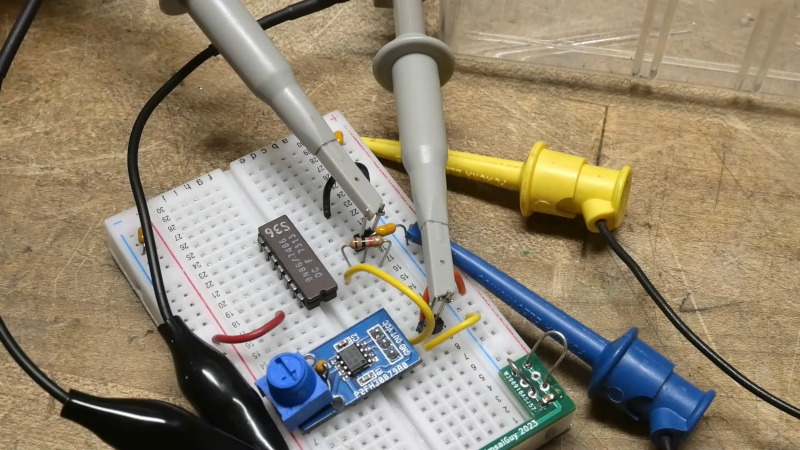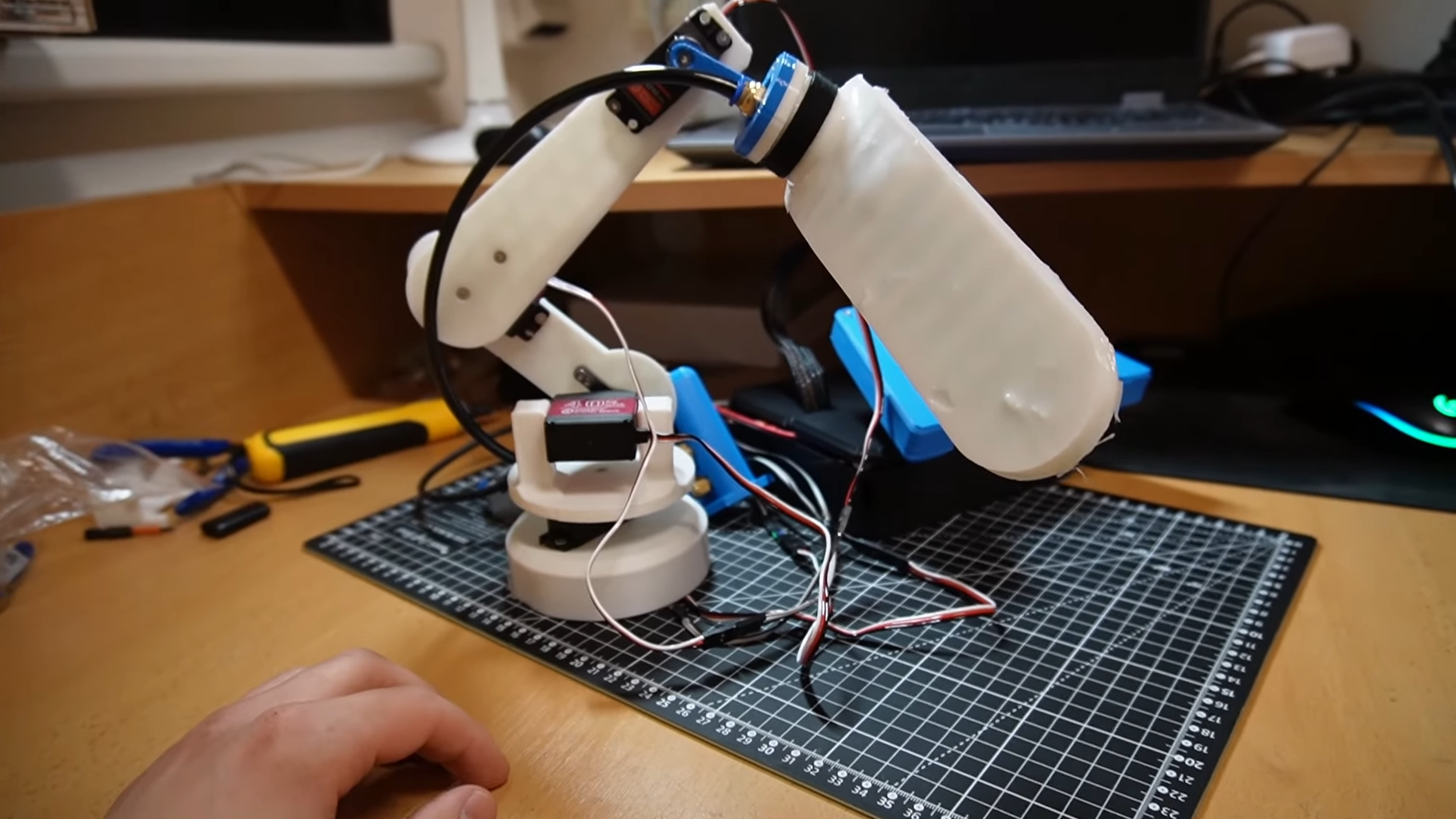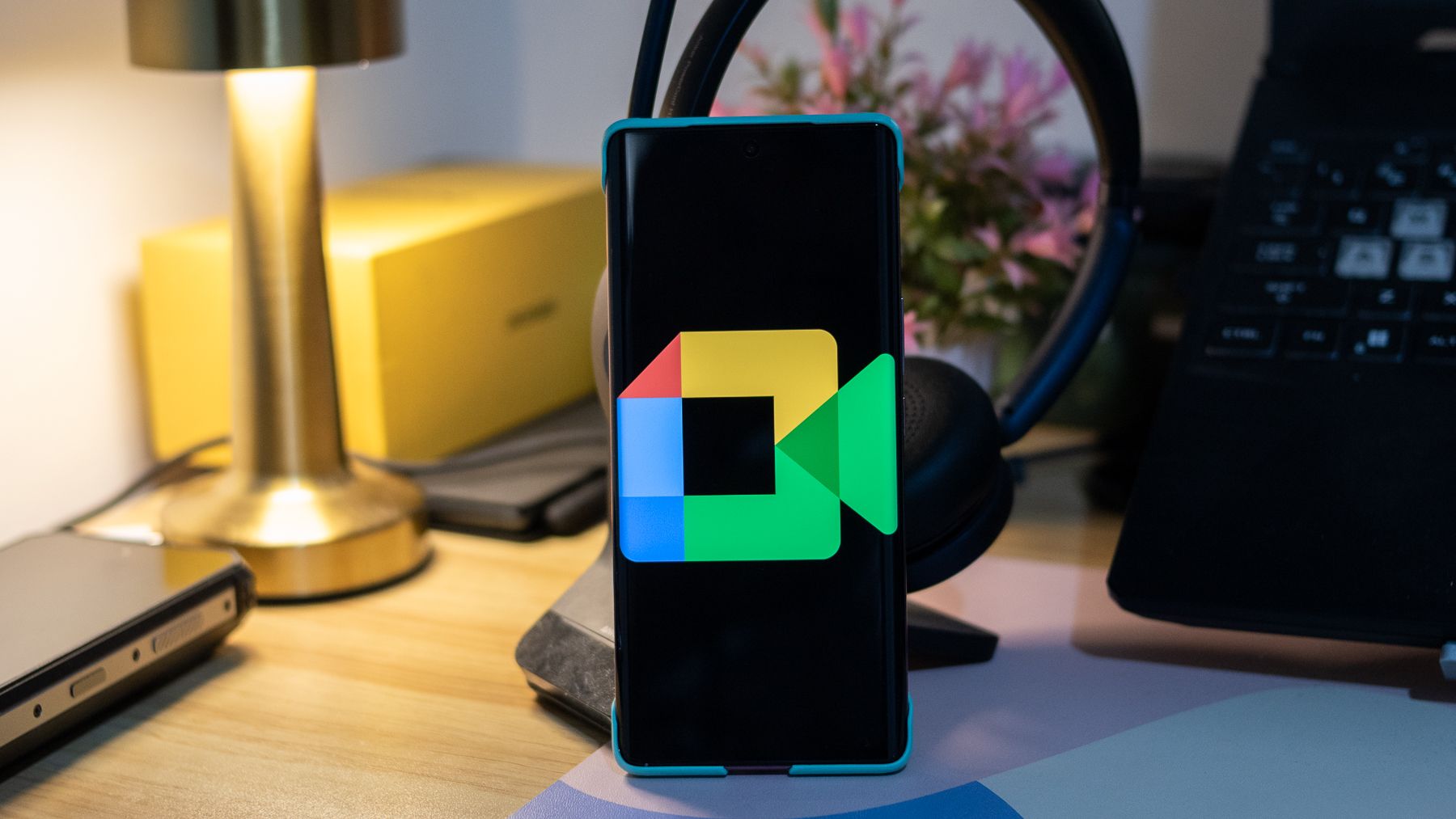Google Discontinues Support for First-Generation Nest Thermostats

Google has made a significant announcement regarding its Nest Learning Thermostat lineup, particularly affecting early adopters of the technology. The tech giant confirmed that it will cease software updates for the first-generation Nest Learning Thermostat, which was launched in 2011, along with its second-generation counterpart that followed in 2012. Additionally, the European version of the Nest Learning Thermostat, introduced in 2014, is also included in this discontinuation of support. In a blog post published on Friday, the company stated, You will no longer be able to control them remotely from your phone or with Google Assistant, but can still adjust the temperature and modify schedules directly on the thermostat.
This decision signifies a notable shift for users who have relied on the convenience and connectivity of these smart devices. The cutoff date for these software updates and general support within the Google Home and Nest applications is set for October 25th. From that date onward, users will lose the ability to control their thermostats remotely, a feature that has been a hallmark of the Nest product line since its inception.
In another noteworthy development, Google has explicitly stated that there are no plans to release additional Nest thermostats specifically for the European market. The company explained, Heating systems in Europe are unique and have a variety of hardware and software requirements that make it challenging to build for the diverse set of homes. The Nest Learning Thermostat (3rd generation, released in 2015) and the Nest Thermostat E (launched in 2018) will continue to be available in Europe while existing supplies last, but new models are off the table.
The loss of the capability to control the smart thermostats via mobile apps is likely to frustrate many long-time Nest users. While Google has assured that the core functionality of adjusting heating and cooling settings will remain intact, the elimination of remote access diminishes much of the convenience that users have come to appreciate over the years. Fortunately, the earlier models of the Nest Learning Thermostats can still be utilized without a Wi-Fi connection, unlike many of the newer models which rely heavily on internet connectivity. Additionally, Google has mentioned a positive update for owners of the latest Nest Thermostats: they will soon have the ability to create and adjust schedules through the Google Home app, a feature that will be introduced later this year.
This phase-out of software support raises concerns about the longevity of smart home devices in general, particularly as companies increasingly integrate smart technology into everyday appliances. Many users are left wondering whether a lifespan of 14 years is sufficient for such gadgets before their technological capabilities become outdated. Currently, there is no indication from Google that it plans to open source the hardware for these devices, which could potentially extend their usability.
To help mitigate consumer disappointment and anger, Google is providing significant discounts on its fourth-generation Nest Learning Thermostat in the United States, offering a $130 reduction. In Canada, the same device will receive a discount of $160, while customers in Europe can expect a 50 percent discount on the Tado Smart Thermostat X, as the Nest lineup is set to be phased out.
















